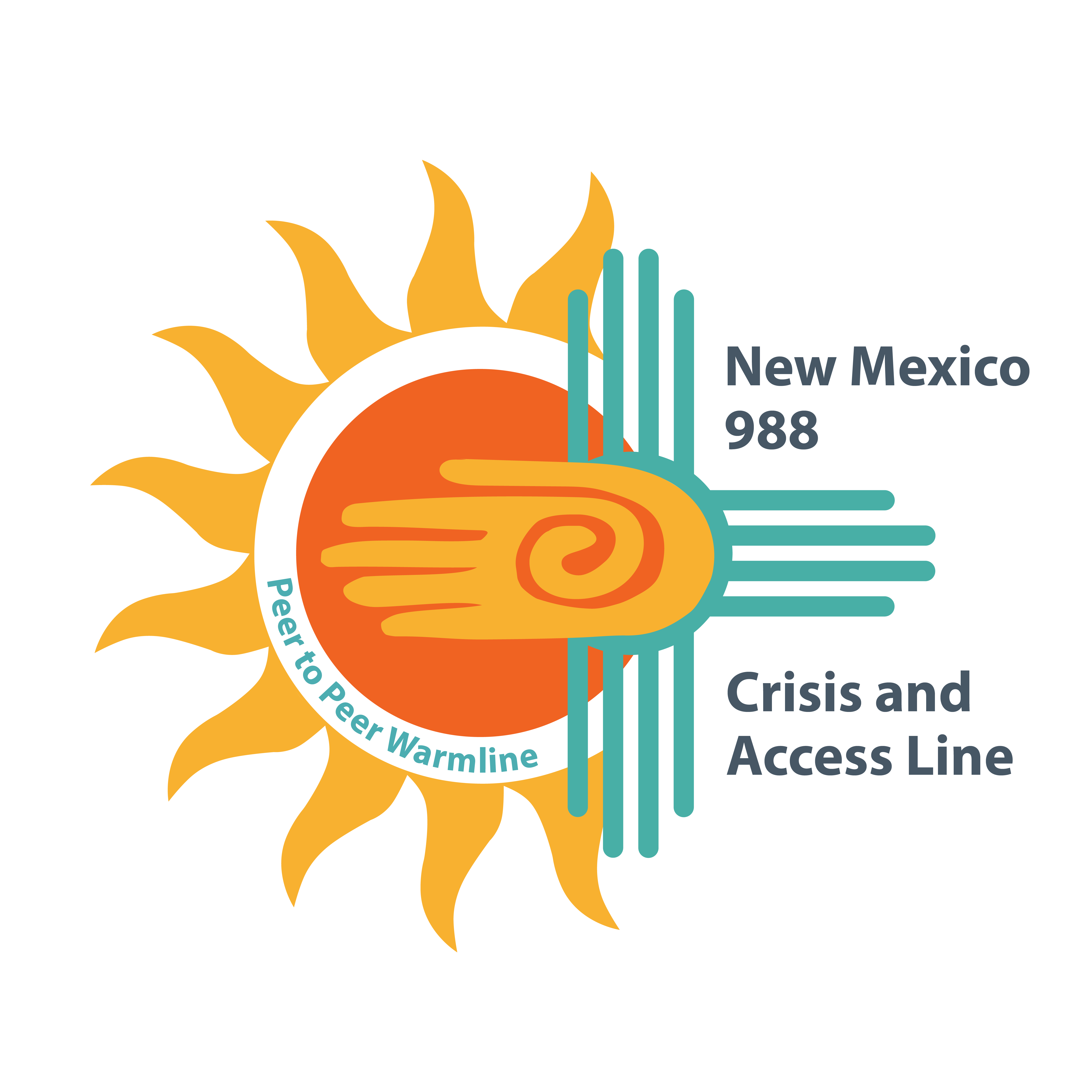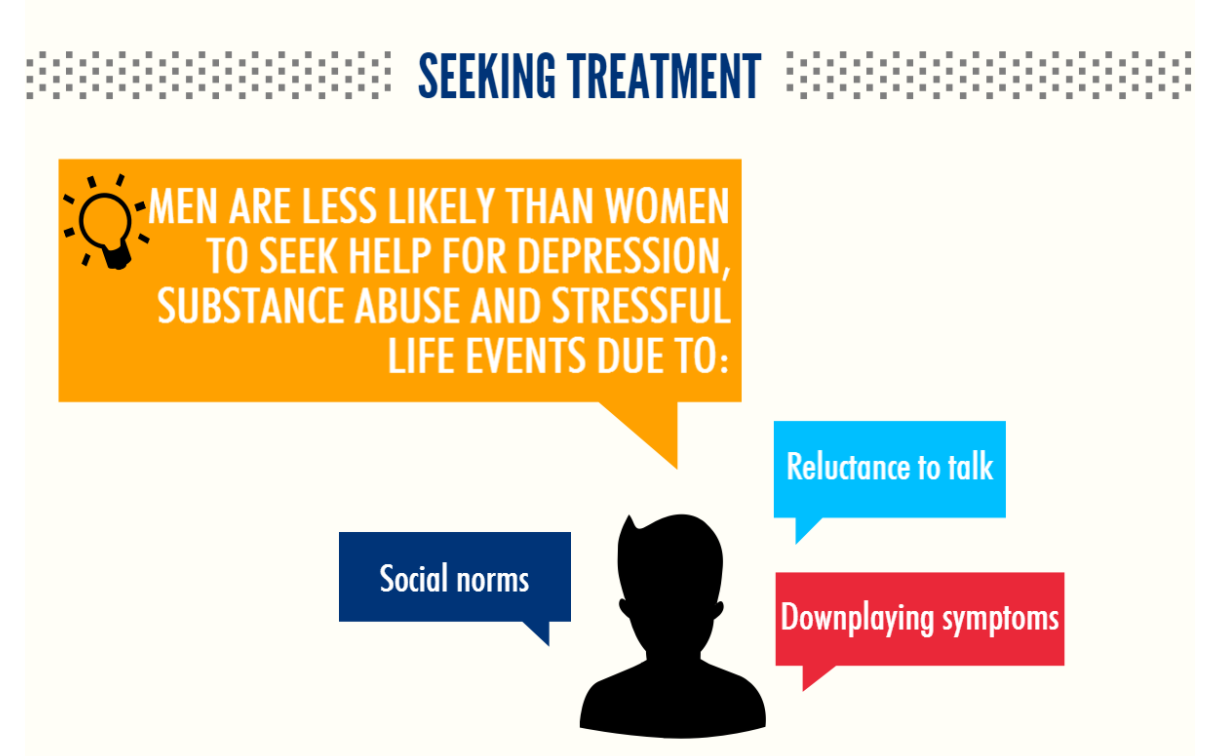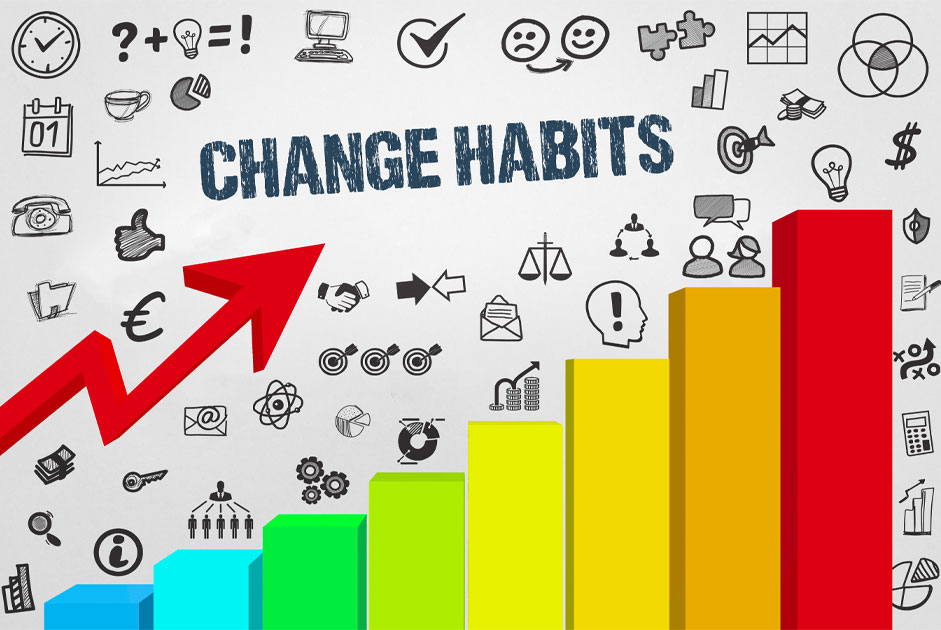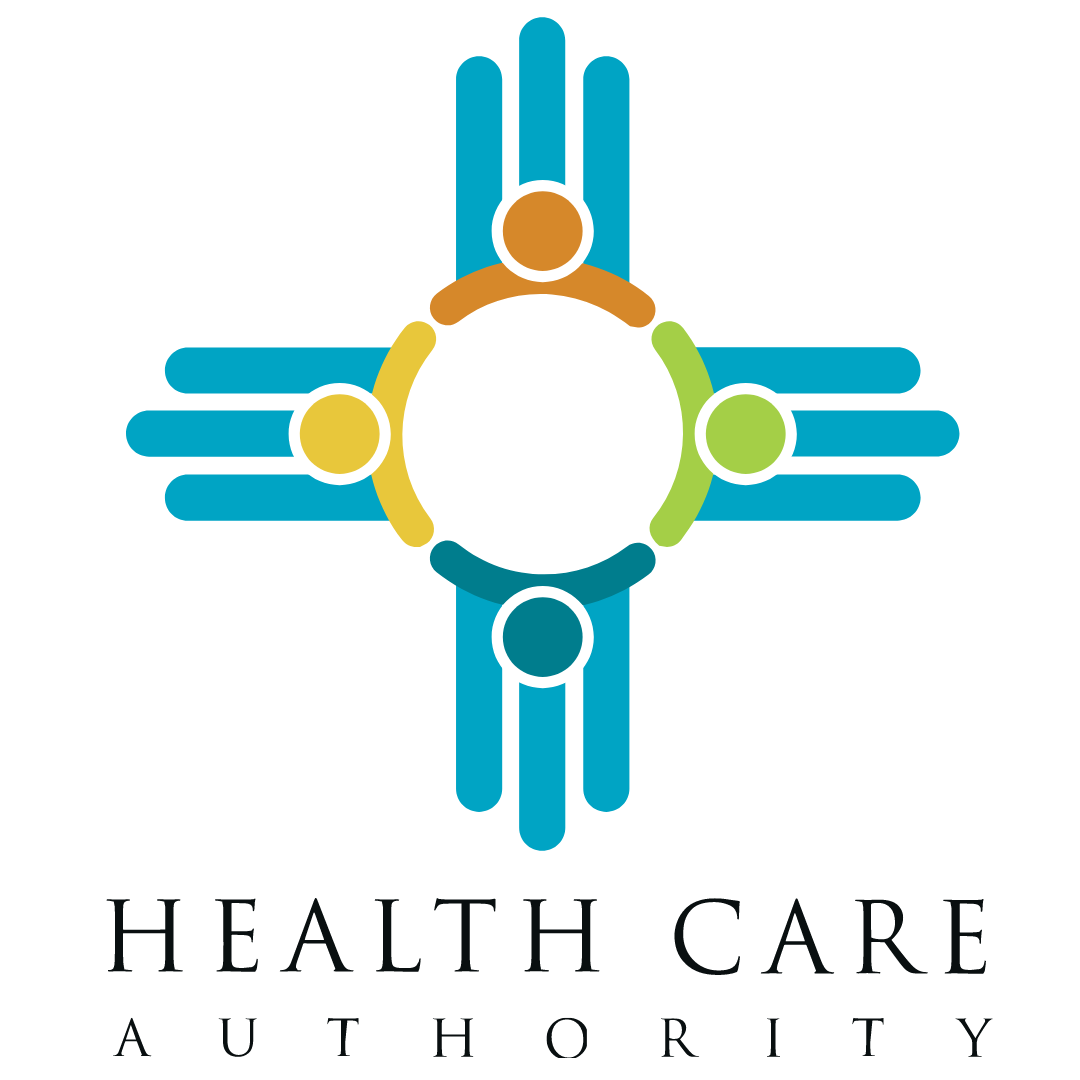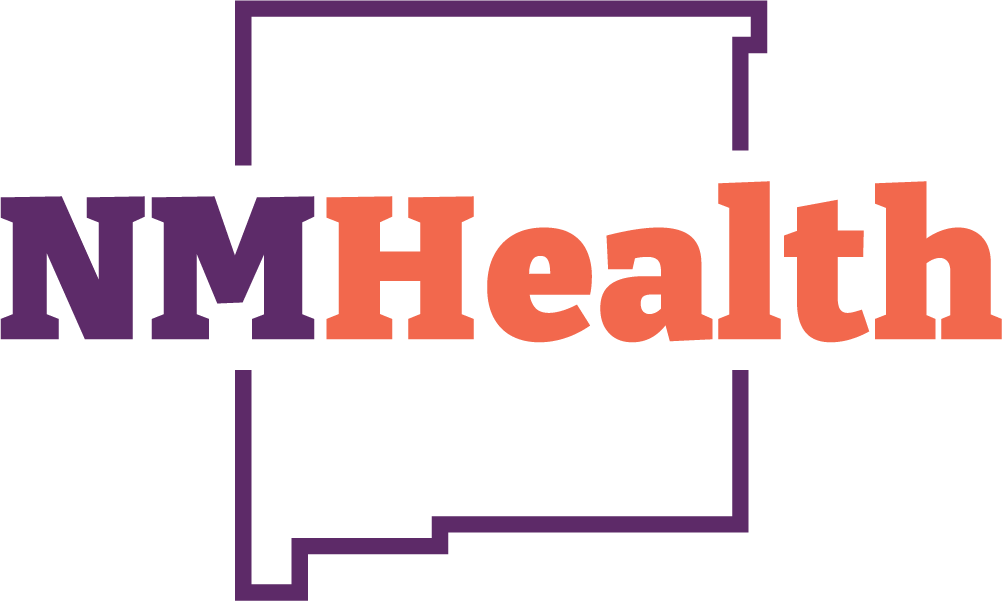When we talk about the health of an individual, we aren’t just talking about the absence of illness, we are talking about a state of physical, mental, behavioral, and social well-being. Mental and behavioral health is a vital component of overall wellness, but is often overlooked as a negligible determinant of our overall health. More than 42 million Americans experience mental health concerns every year. This week we are exploring the critical mental health needs of men.
- Although mental and behavioral health affects all genders, it is oftentimes overlooked in men, considered a weakness to talk about, and frequently not taken seriously when concerns are expressed. Because of this, many men may find it difficult to speak up about mental health concerns and struggles they experience, and can be more reluctant to seek support to help manage symptoms. As a result, men are less likely to see their doctor about a health issue than women. This #MensHealthMonth, let’s remind men that their doctor is their partner in health!
- Nearly 1 in 10 men experience depression and anxiety: According to a poll of 21,000 American men by researchers at the National Center for Health Statistics (NCHS), nearly one in ten men reported experiencing some form of depression or anxiety, but less than half sought treatment.
- Men die by suicide 3.5x more often than women: Men experience a higher rate suicide than women. Depression, when left untreated, can in some cases reach a crisis point where they begin considering suicide. With so few men reaching out for help or support, and instead suffering in silence, this may be one reason why men face a higher suicide rate.
- About 6 of every 10 men experience at least one trauma in their lives: Men are more likely to experience trauma related to accidents, physical assault, combat, disaster, or to witness death or injury. PTSD can develop weeks, months, and sometimes even years after an experienced trauma, and can cause a person to relive the traumatic event, avoid places or situations that serve as a reminder of it, feeling on alert or keyed up for danger, experience nightmares or flashbacks, and a number of other troubling symptoms that can interfere with their everyday life.
- Men are almost two times more likely to binge drink than women: Not only do men binge drink more often than women, men consistently have higher rates of alcohol-related deaths and hospitalizations. Men are also more likely to have used alcohol before dying by suicide.
- Forty-nine percent of men feel more depressed than they admit to the people in their life: A Today Show commissioned survey of more than 1,000 men revealed the truth that many assume. Men are much less likely to voice struggles with mental illness, and even thoughts of suicide.
- Learn more at the National Institute of Mental Health
Making the decision to start a conversation with a friend, loved one, or crisis line about mental health takes courage and strength. It’s likely that someone you know is experiencing feelings of depression or anxiety, and you have the power to make a difference in their lives. Take action for Men’s Health Month by looking out for those that you love. If you think you or a loved-one may be experiencing signs of a mental illness, visit the NM 5-Actions Program™ assessment tools to take a free, quick and confidential screen for depression, bipolar disorder, anxiety, PTSD, and/or Alcohol or Substance Use problems. And remember you are not alone. If you or someone you know needs to talk about distresses being experienced, you can access support and talk to a professional counselor on the New Mexico Crisis and Access Line by calling 1-855-662-7474, and you can talk to a professional peer support with lived experience on the New Mexico Peer-to-Peer Warmline by calling or texting 1-855-466-7100. We are here to hear you when you need to talk.
